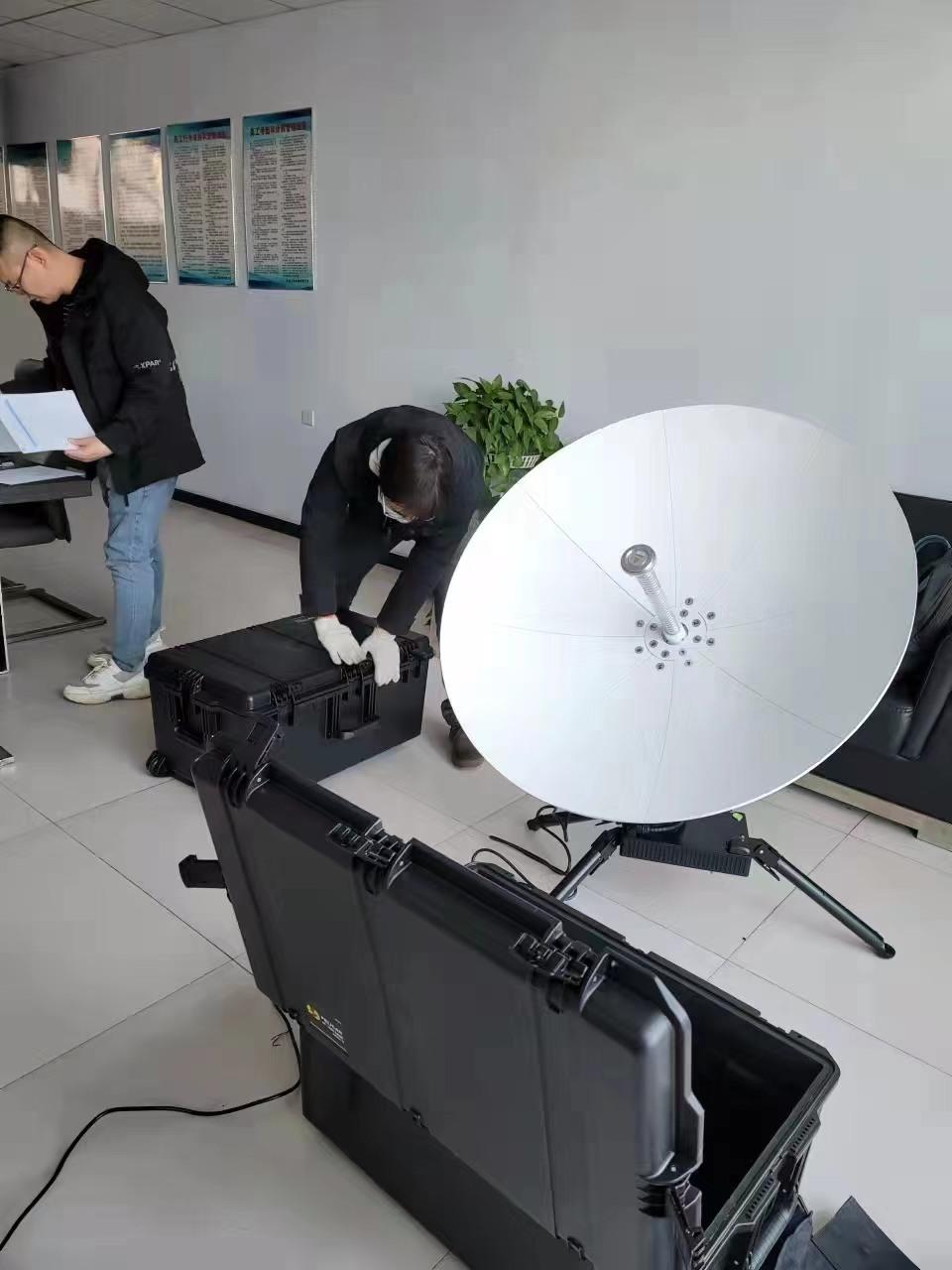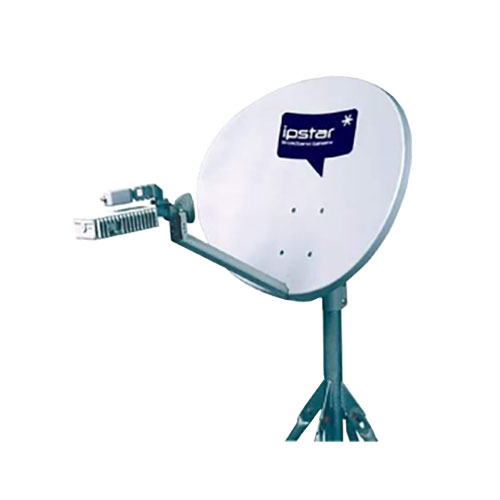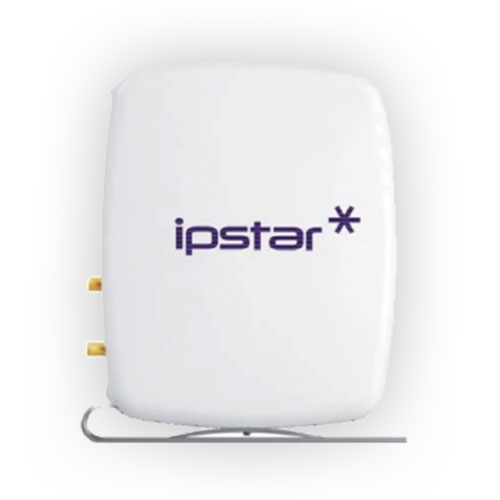Satellite Internet Broadband Equipment
This enterprise-series modem is a dedicated, standalone unit. One end connects to the TOLL/STAR satellite, while the other end connects to a PC via an Ethernet network or USB port, or via an optional internal PCMCIA interface.
产品描述
Application Overview
The IPSTAR broadband satellite system provides high-speed internet access across the country by installing IPSTAR satellite communication end stations at the user side. This effectively bypasses the limitations of ground network infrastructure, ensuring high-speed broadband access for users in a wide range of areas. IPSTAR communication satellites offer bandwidth resources according to demand, ensuring full utilization of bandwidth while creating new solutions for individual users, small and medium-sized enterprises, public internet users (such as hotspots), and Multi-Dwelling Units (MDUs).
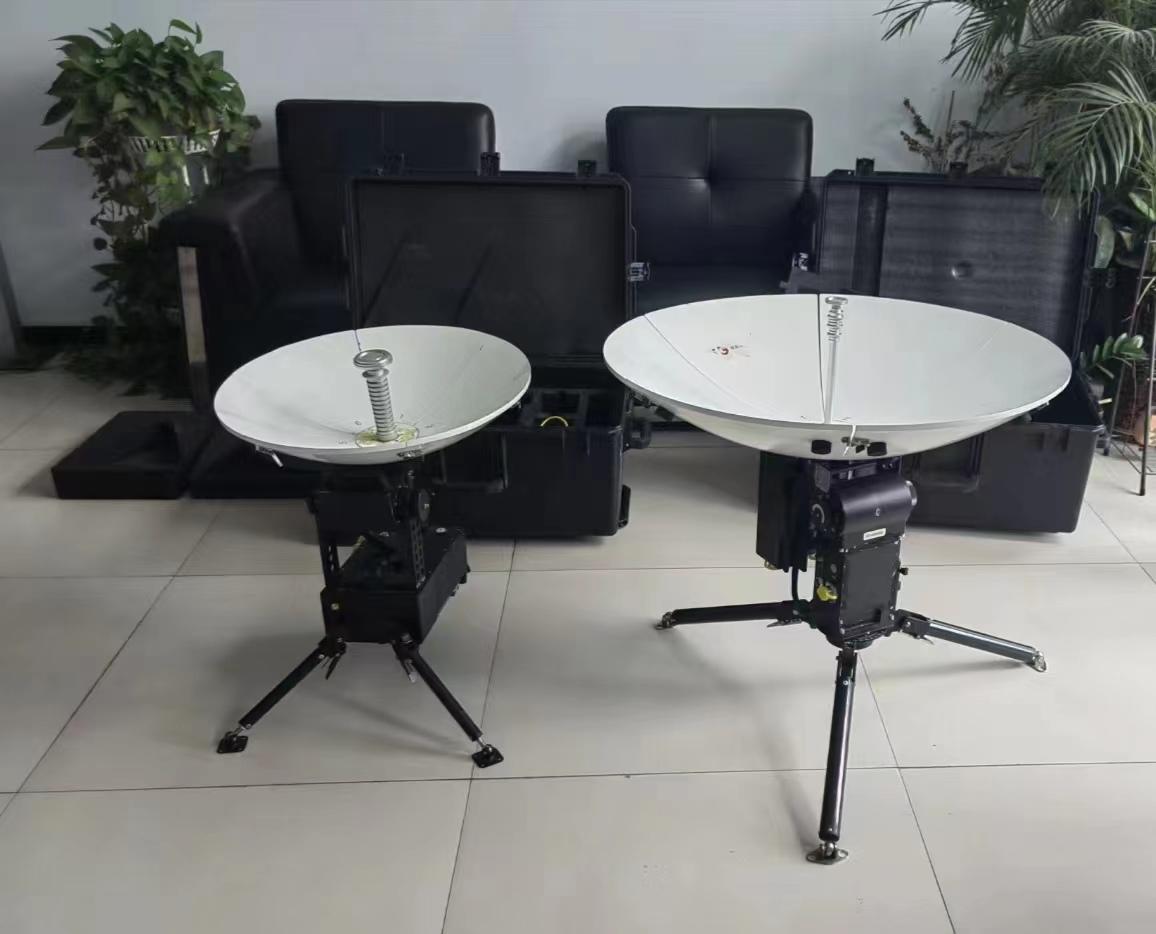
Terminal Station Components Description
Currently, the IPSTAR system offers a variety of satellite end station configurations to meet different customer and application needs. Each IPSTAR satellite end station includes:
- High-performance, low-cost satellite modem
- Outdoor Unit (ODU)
IPSTAR satellite end stations are based on the most advanced broadband satellite platform, combined with IPSTAR gateway stations and efficient wireless interfaces, providing comprehensive broadband satellite access solutions.
Outdoor Unit (ODU) Description
All IPSTAR satellite modems work in conjunction with the outdoor unit. The outdoor unit has been specially designed and optimized to meet IPSTAR system specifications. Each outdoor unit includes:
- Antenna (available in diameters of 0.84m, 1.2m, and 1.8m)
- Upconverter (1-2W)
- Low Noise Block Downconverter (LNB)
- Feed
These components ensure efficient transmission of data, providing reliable broadband connectivity.
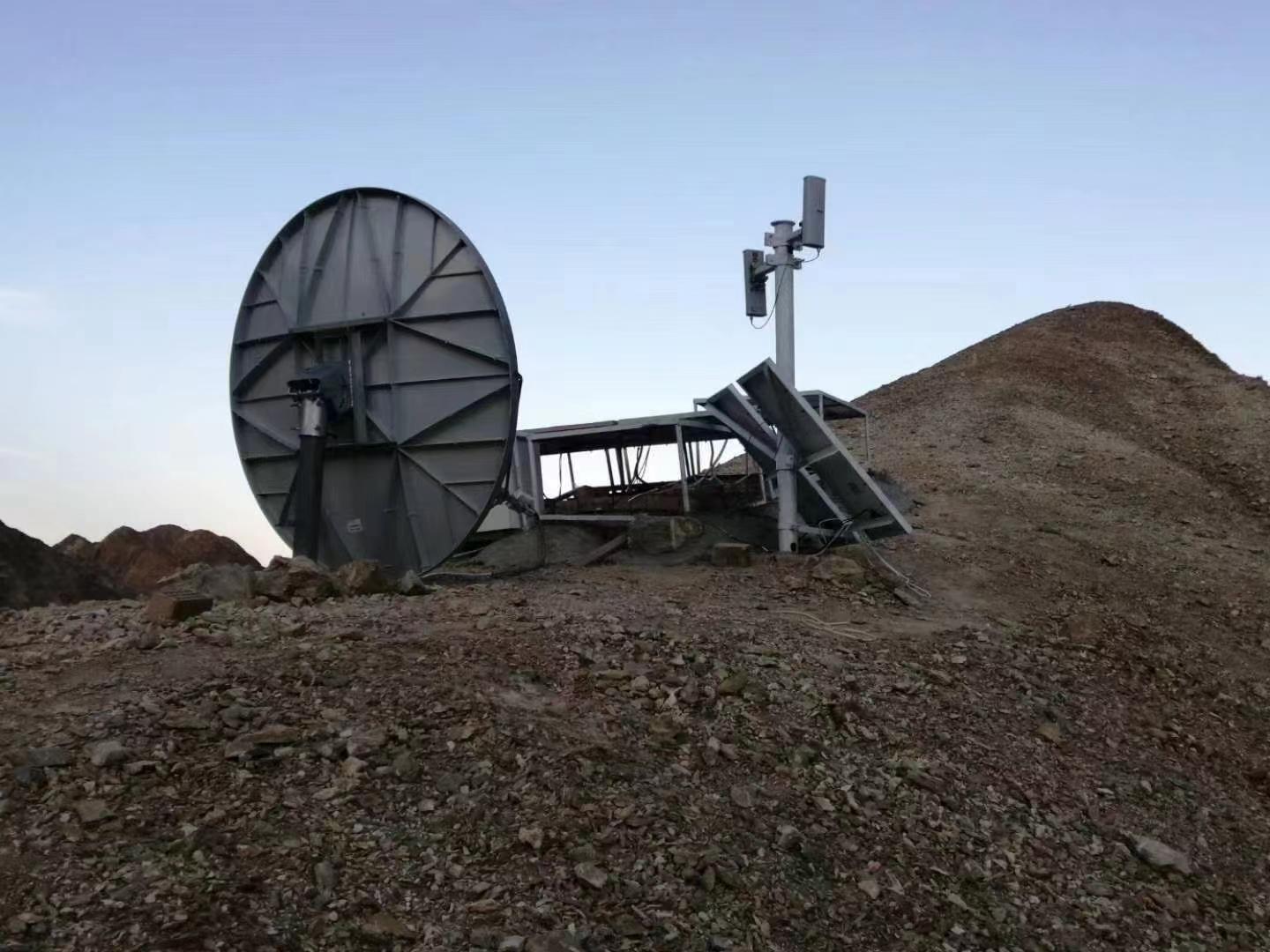
IPSTAR Outdoor Unit (ODU) Components
Similar to traditional VSAT end stations, IPSTAR's ODU uses L-band frequencies for signal transmission and reception. The ODU components include:
- Ku-band bi-directional antenna (diameter from 0.84m to 1.8m)
- Ku-band feed
- Upconverter (BUC)
- Low Noise Block Downconverter (LNB)
- Orthogonal Mode Transceiver (OMT)
The collaboration of these components ensures stable and efficient data transmission.

IPSTAR Satellite End Station Description
The IPSTAR satellite end station is a specialized standalone unit with the following features:
- One end connects to TOLL/STAR satellites for satellite communication
- The other end connects to a PC via Ethernet or USB port for data transmission
This end station is designed to meet the needs of efficient and stable satellite broadband access and is widely used in various fields, including remote areas and enterprise branch offices.
Features:
This modem from the enterprise series is a dedicated, standalone unit that connects to the TOLL/STAR satellite on one end, and to a PC via Ethernet or USB port on the other. It also optionally supports an internal PCMCIA interface.
- Wireless Network and VoIP Support: It supports IEEE 802.11 wireless networks or VoIP interfaces.
- Network Optimization Technologies: Header compression Payload compression TCP acceleration HTTP acceleration
- Carrier Interference Suppression: Supports carrier interference suppression and detection, along with Layer 2 network applications.
- Full IP Design: It supports various application modes, including unidirectional and bidirectional communication.
- Cross-beam and Mobile Terminal Support: It supports cross-beam, gateway station access, as well as mobile terminal access on ships, aircraft, and vehicles.
- Encryption and Security: Supports AES encryption IPSec tunnel encryption HTTPS encrypted web services Supports X.509 certification for terminal authentication to prevent user attacks Ensures separation of management and service data, protecting management data from attacks.
- Dual Stack IPv4/IPv6 Support: It supports both IPv4 and IPv6 dual-stack, DHCP automatic IP address allocation, and NAT address translation.
- Enhanced Receiving Modulation and Coding: More than 14 modulation and coding combinations, such as: 0.325 QPSK 0.495 QPSK 0.619 QPSK 0.660 QPSK/8-PSK 0.793 QPSK/8-PSK 0.835 QPSK/8-PSK, etc.
